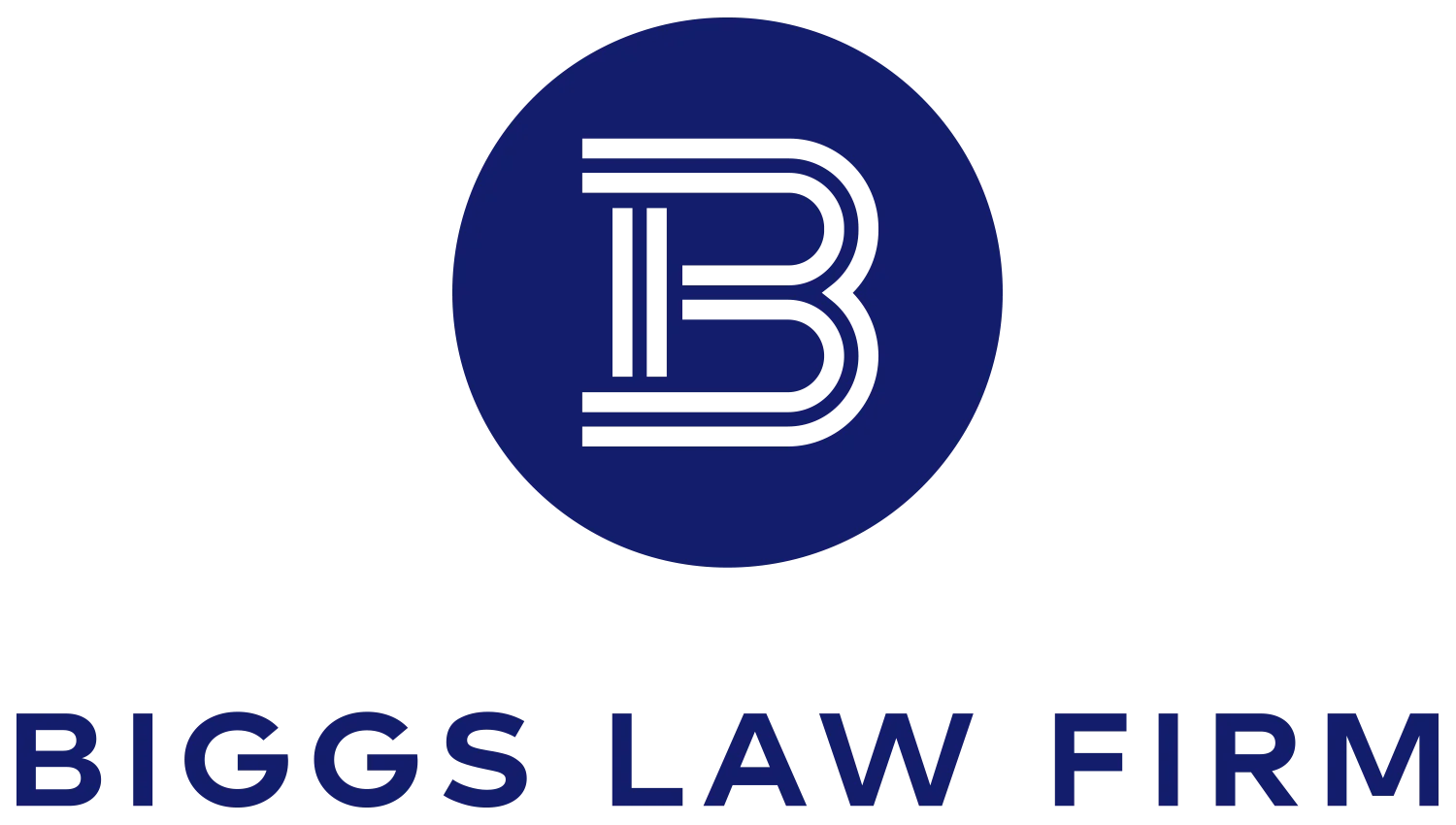What Happens When a Business Files for Chapter 11 Bankruptcy
Nearly 5,000 American businesses file for Chapter 11 bankruptcy each year. This includes big-name companies like Bed Bath & Beyond and much smaller mom-and-pop operations.
From the outside looking in, filing for bankruptcy might seem like it would doom a company and even put it out of business for good. But in reality, it may help save a business by enabling it to develop a reorganization plan for its assets and debts.
Are you a business owner on the brink of filing for Chapter 11 bankruptcy? Make sure you know what to expect before you begin doing financial restructuring.
Here is a rundown of what happens when a business files for this type of bankruptcy.
Preparing To File for Chapter 11 Bankruptcy
Before filing for Chapter 11 bankruptcy, your business must properly prepare for the process. In North Carolina, corporations, LLCs, and other similar entities are not allowed to represent themselves in bankruptcy court and are required to have an attorney represent them.
Waiting until you no longer have the ability to pay expenses leaves you with less time to prepare for filing and make sure you will have enough funds on hand to pay the expenses required in bankruptcy. The more prepared your company is to file for bankruptcy, the greater your chances of making it out on the other side with your business intact.
Prior to filing bankruptcy, our firm can help you determine:
- What information will be needed to file the Voluntary Petition, Schedules, and Statement of Financial Affairs.
- What documents will have to be provided to the Court, Bankruptcy Administrator, Subchapter V Trustee, or creditors.
- Whether you should file a small business bankruptcy, typically referred to as a “Sub V” bankruptcy case or file for “regular” chapter 11.
- What motions will need to be filed to obtain approval to pay payroll, approve the use of spending money, approve compensation to officers or insiders, or other matters requiring emergency or quick approval by the Court.
If you feel overwhelmed at any point while preparing to file for bankruptcy, consider reaching out to a business bankruptcy attorney for professional assistance. They can ensure you don’t overlook any important financial information before beginning the bankruptcy process.
Filing for Chapter 11 Bankruptcy and Securing an Automatic Stay
A recent report detailing small business loan statistics revealed that just under 60% of small businesses are in either fair or poor financial condition. Many can’t keep up with all the creditors calling their business phones and sending notices to their locations about outstanding debts. You may find yourself dealing with this problem by paying the “squeaky wheel” creditor who won’t leave you alone just to get them to stop calling and neglecting other creditors.
If your business is in this position, filing for Chapter 11 bankruptcy will provide a brief opportunity to take a step back and breathe before deciding what to do about all your company’s debt. As soon as you file for bankruptcy, you’ll secure an automatic stay. This will:
- Stop creditors from contacting you about your debts by phone, email, mail, or any other way
- Bring any foreclosures and lawsuits you’re facing to a halt
- Delay the need for your business to make debt payments to certain creditors
An automatic stay essentially provides the leeway you need to generate a new financial plan. It’ll also transform your business into a debtor in possession, which is a company that has filed for bankruptcy but has assets that could help settle creditor claims. During this time, you will operate your business as you normally would, subject to the Bankruptcy Court’s supervision and rules.
Creating a Repayment Plan and Seeking Bankruptcy Court Approval
After filing, the sooner you begin working on a repayment plan to help your business satisfy its outstanding debts, the more time you will have to make adjustments or otherwise discuss your proposal with your creditors to obtain their support. This plan can:
- Modify the terms of any secured loans you’ve taken out to make your debts more manageable
- Reduce your company’s expenses to free up money to pay down debts
- Repay any unpaid taxes over a period of not longer than five years
- Sell off any assets that could help you catch up on paying down debts
- Terminate any leases or contracts that are no longer profitable
- Defer payments to unsecured creditors to create a more consistent cash flow for your company
Once your repayment plan is filed, you might feel motivated to start working through it immediately. But first, you’ll need to seek bankruptcy court approval for your plan so you can officially move forward with it.
Putting a Chapter 11 Bankruptcy Repayment Plan Into Action
After your plan is filed with the Bankruptcy Court, creditors have a chance to review it and respond to it. During this time, your lawyer can discuss modifications to the plan to see if they will support the plan. Even if creditors do not support the plan, the Bankruptcy Court can still approve it. After your plan is approved, your can start carrying out the proposed repayment terms, and move towards closing your bankruptcy case.
Contact Us To Learn More About Chapter 11 Bankruptcy for Businesses
After learning about what will happen when your business files for Chapter 11 bankruptcy, are you ready to look into the possibility of doing it? An experienced bankruptcy attorney from Biggs Law Firm can lend a hand throughout the process, ensuring you tick every box along the way. Call 919-375-8040 today to schedule a consultation.
Start The Process Today
Schedule your consultation with one of our experienced attorneys.
